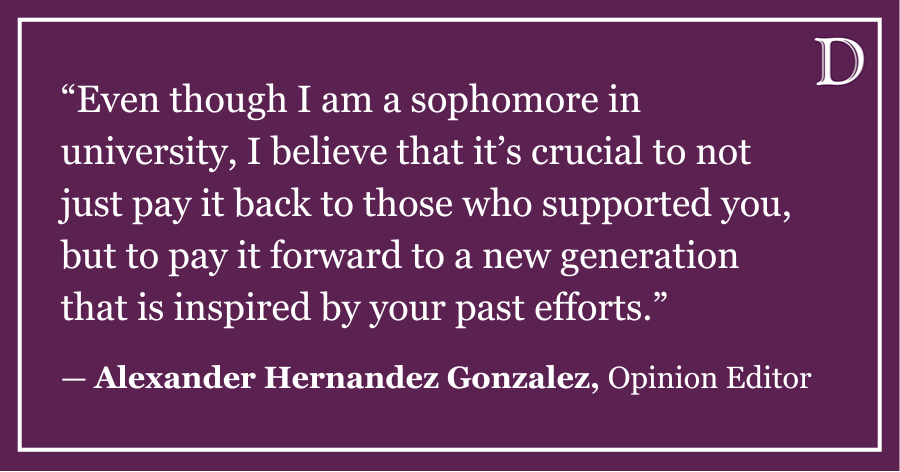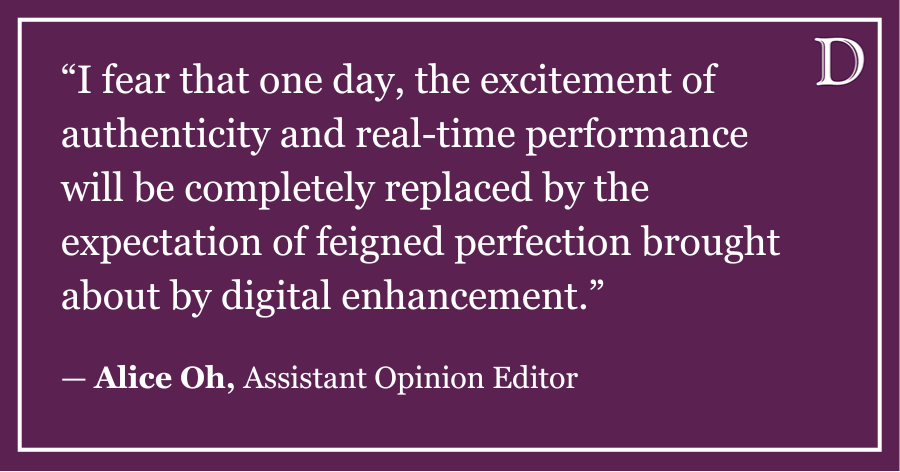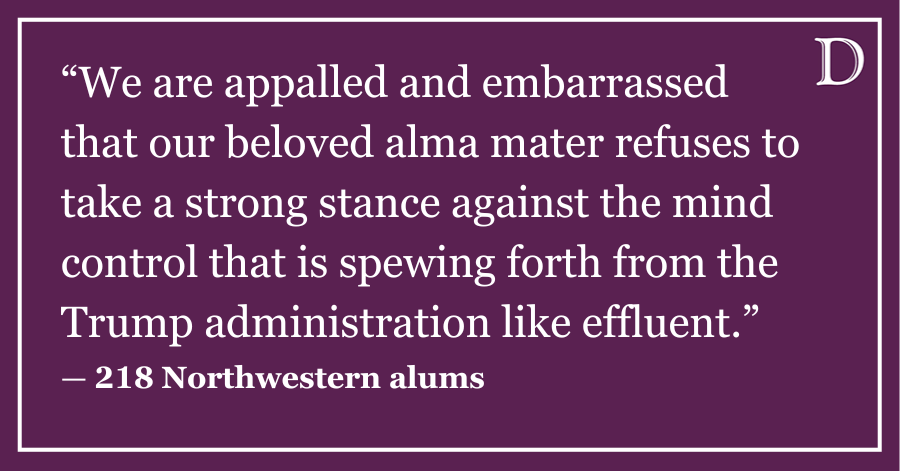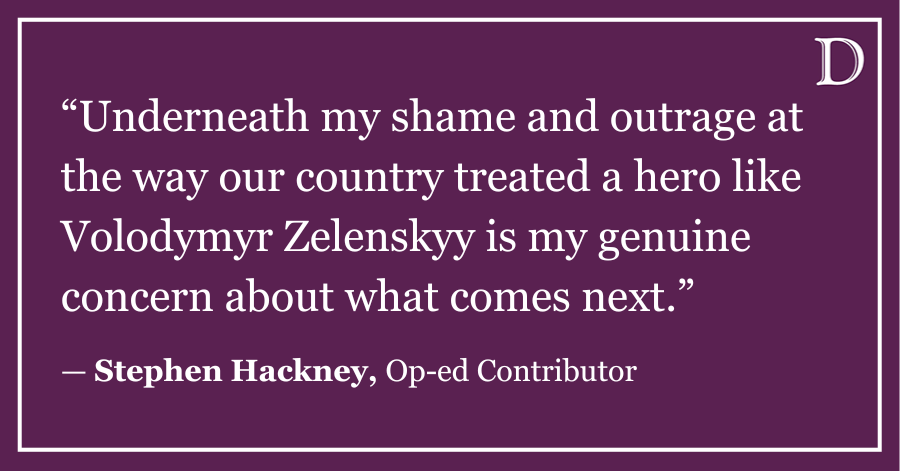Featuring prolonged droughts impacting farmers in the Midwest, summer temperatures reaching more than 100 degrees nationwide, and an unusually warm fall, 2012 was the hottest year on record. Hurricane Sandy previewed the more frequent and dangerous tropical storms we will witness in the future. In the past decade alone, the aftermath of storms like Sandy have cost the federal government billions of dollars to repair destroyed communities.
If there is one thing the past year showed us, it is that climate change is real and progressing at a faster pace than expected.
To those who deny climate change or view global warming as a natural cycle, 2012 should have been the final nail in their misguided coffin. Political and individual action is needed to address climate change and alter our current, destructive path.
In the last 20 years, great progress has been made to reduce our nation’s air pollution, clean our rivers, and find alternative forms of energy. Yet, the concentration of carbon dioxide in the atmosphere has steadily climbed each and every year. Carbon dioxide concentration currently hovers near 400 parts per million, the highest level reached in the past 800,000 years.
Apathy remains in our nation, cities, communities and schools in regards to the environment, with only a select few realizing the potential danger of climate change. Some even praise the effects of global warming, seeing a 60-degree January day as a welcome change from the cold weather. This is why efforts to mitigate climate change have fallen by the wayside. People belittle climate change as something to joke about.
Every decision we make in our daily lives has an effect on the environment. Our actions have an unseen impact on climate change that few seem to realize or care about. Environmentalists attempting to push legislation through Congress or those who protest over the clear-cutting of a forest should no longer be seen as fringe radicals in our society. The problems we face are too severe to remain politically divided on this issue. While President Barack Obama deserves credit for highlighting climate change in his inaugural address, we must continue to pressure him to take decisive action on the matter.
Several states serve as models for beneficial government-mandated environmental policy. California recently instituted a statewide cap-and-trade program that sets a limit on the tons of carbon dioxide industries can release into the atmosphere. Programs such as cap-and-trade force businesses and industries to invest in green technology, promoting competition among businesses to become more economically efficient and less polluting. Similar federal legislation, such as reducing electrical consumption and mandating statewide investment in renewable forms of energy, is needed in order to change our current system.
Northwestern has taken several necessary steps towards becoming a green campus. As of 2012, 30 percent of the energy we use at NU stems from renewable sources. All on-campus residences recycle, dining halls compost all food waste and the annual Green Cup competition raises awareness for the benefits of environmental action.
Associated Student Government will likely pass a resolution this week that will encourage the University to divest from the coal industry, part of a nationwide campus push to end the industry’s power over U.S energy production. This marks a bold move as a campus to join others in the fight against the power of the fossil fuel industries.
However, we could do more to combat global warming and reduce our campus’s carbon footprint. Environmental awareness and action at Northwestern should not only apply to those who care and are knowledgeable about the issues.
Students must hold themselves to a higher standard and work actively to incorporate green initiatives into their own lives. Use a reusable water bottle, unplug the idle chargers in the sockets in your room, and cut back on the trash you produce. We cannot hope to make any progress on slowing the effects of global warming if a large percentage of citizens feel no compulsion to alter their lifestyles.
I am not advocating joining Greenpeace or becoming a tree-hugger, but it would be nice not being the only one shutting off the lights every time I walk past my empty hall bathroom.
Jonathan Kamel is a Weinberg freshman. He can be reached at jonathankamel2016@u.northwestern.edu. If you would like to respond publicly to this column, email a Letter to the Editor to forum@dailynorthwestern.com.












